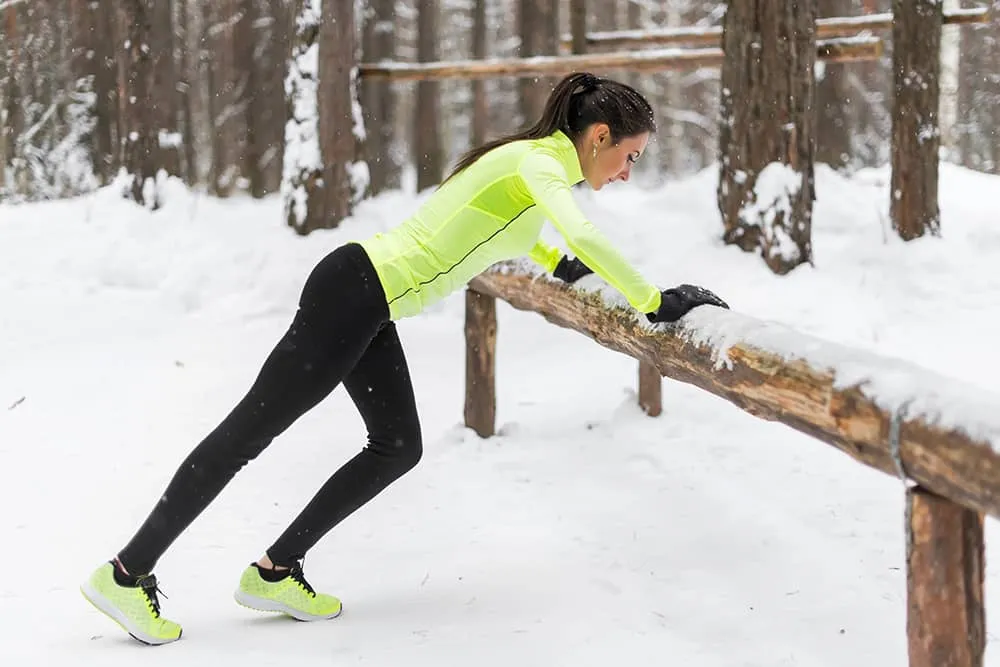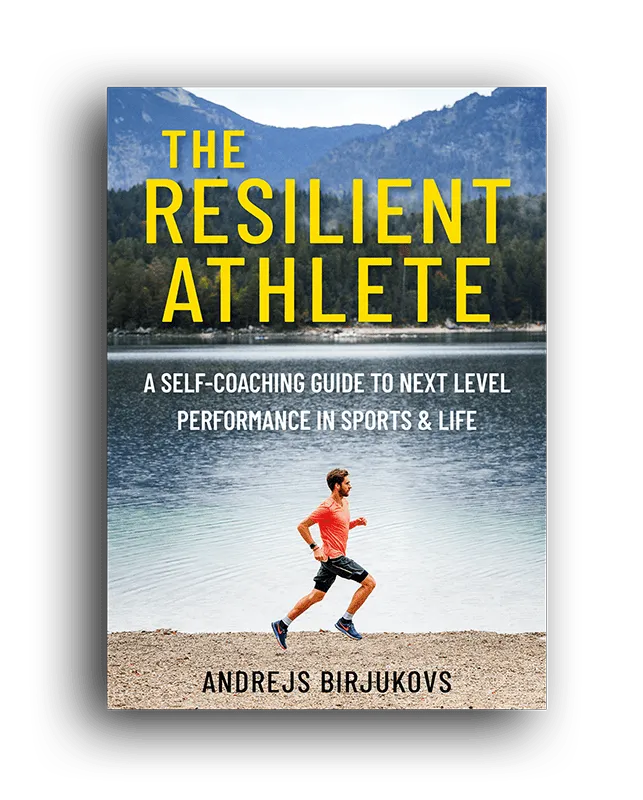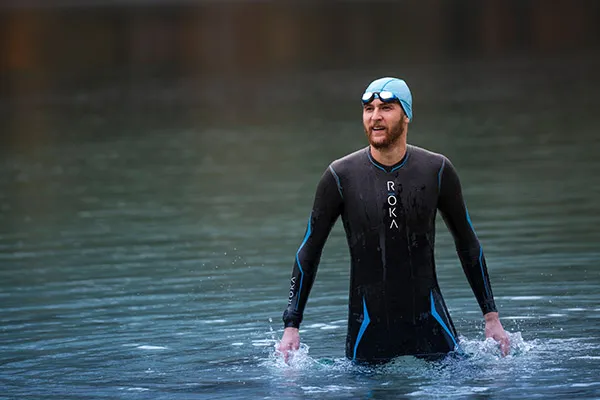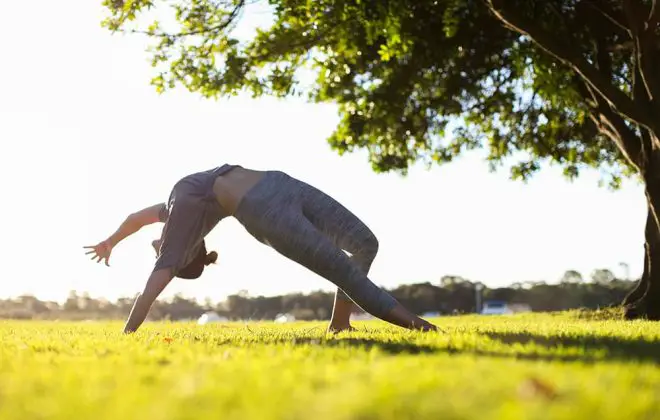Winter Training – How To Stay Fit, Healthy & Focused
Athletes are known for their incredible focus and determination, especially during competitive season. However, what many do not realize is that winter training – and staying in shape during the off-season – is just as important.
According to an article by CityScape Magazine, staying fit and healthy in the off-season is not just about recovering from the previous season, but also preparing for the next.
In this post you’ll find a few ways how you can stay fit & healthy during the break between competitive seasons. And use winter training to get even stronger.

Observe proper nutrition
After months of following a strict diet during the competition season, many athletes tend to go lax on their nutrition. They may indulge in unhealthy foods, skip meals, or not pay attention to their nutritional intake at all. Without a structured winter training regimen athletes might experience weight gain during the off-season.
This can lead to extra effort when athletes need to be back in competitive shape.
One way to avoid unnecessary weight gain is by participating in a healthy weight loss program. With guidance from professionals, these programs can be tailored to an athlete’s specific nutritional needs and goals. Such programs also introduce healthy lifestyle habits that athletes can carry in their personal lives. For example, they can learn how to identify processed foods that lead to inflammation and sluggishness, and instead learn to consume lean proteins (i.e. tofu & tempeh) to help facilitate recovery from intense training sessions.
Read also: Top 10 Endurance Athlete Diet Mistakes And How To Avoid Them
Have a winter training exercise routine
After a gruelling season of competition and training, it’s not uncommon for athletes to take a break from their workout routines. However, many end up neglecting them entirely, which is concerning as having an exercise routine during the off-season is necessary to maintain aerobic base and build back conditioning later on.
A key component of off-season exercise is low intensity prolonged exercise – such as running, cycling, or swimming – to improve overall endurance. Another important aspect to focus on during the off-season is strength training. Doing 2-3x strength sessions per week can help prevent injuries and improve overall power and agility. It can be difficult to propose a one-size-fits-all strength training routine, the best way would be to talk to a coach who can help individuals identify what to start their regimens with.

The Resilient Athlete
A Self-Coaching Guide to Next Level Performance in Sports & Life
Are you aiming to become a resilient athlete who is able to withstand any pressure? Be able to jump on any opportunity? Take any challenge life throws at you head on?
Then this book is for you.
Learn moreConnect with like-minded people
For most athletes sports is an integral part of life. And it’s natural that some struggle to feel motivated outside of competition season. This can lead to feeling discouraged about staying on top of one’s fitness when there is no team or coach to hold you accountable. Over time, this can cause some athletes to become too lax, which can make it harder for them to transition back into competition mode later on.
An effective way to combat this is to participate in wellness-aligned activities, like online fitness challenges. Social media platforms offer a variety of these that allow athletes to stay connected and motivated remotely, whether through virtual races or group workouts. Another option is to join an online community (like a chat group) to have a place to meet like-minded people, some of whom may be athletes. This can help cultivate a sense of camaraderie that can motivate off-season health efforts.

Maintain a healthy mindset
Many assume that the off-season is a break from the rigors of training and competition. However, the reality is quite different. The off-season is often a time of stress and pressure for athletes, as they must find ways to maintain a healthy mindset and stay in shape without the structure and support of their regular non-winter training.
It can be easy for athletes to fall into a rut after the competitive season comes to a close.
As such, setting specific and short-term goals can provide a sense of purpose and direction during this time. These can be related to physical fitness, skill development, or mental well-being. For example, an athlete may set a goal of improving their endurance or may focus on enhancing their mental toughness through activities such as meditation.
Read also: Peak Performance Mindset – 21 Secrets How To Achieve More In Life
Incorporate rest & recovery into your winter training
Athletes tend to use off-season breaks as times to live vicariously and make up for the strict routines they had during competition season. While this is important for stress management, athletes must allot time for proper rest and recovery for the body to repair itself after the physical demands of competition season.
In particular, prioritize sleep, which is a fundamental aspect of rest & recovery for athletes. It allows the body to activate the parasympathetic nervous system that is responsible for such important processes like muscle repair, hormone regulation, growth – both physical and cognitive. Lack of sleep can disrupt these, leading to – among other things – decrease in athletic performance.
Morgan White
Morgan is a passionate physical fitness trainer and sports enthusiast. With a deep understanding of the human body and a commitment to helping others achieve their fitness goals, Morgan has dedicated their career to transforming lives through exercise and healthy living. When not training clients, Morgan can be found exploring new sports and pushing their own physical limits.
Andrejs
Related Posts
Leave a Reply Cancel reply
GET A FREE TRAINING PLAN
Subscribe to my email list and get access to a free 4-week “back in shape” training plan
You’ll also get two full-body strength sessions and some other goodies!

How did I get here?
Hey there! My name is Andrejs and I am here to inspire, entertain and get you fit for any adventure.
I went from being an over trained pro athlete to an endurance coach sharing how to listen to your body and live life to the fullest.
Traveling, new sports & activities brought new meaning to my training and made it much more effective, fun and enjoyable. And I'm here to help you do the same.


